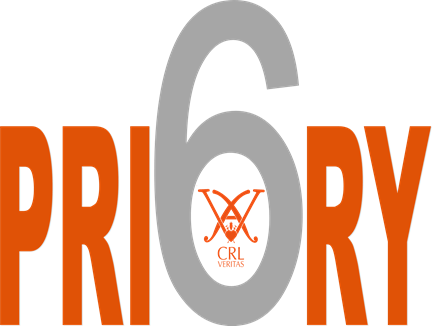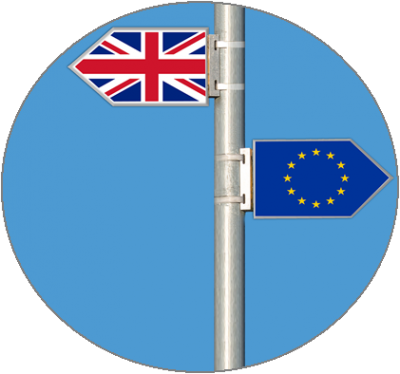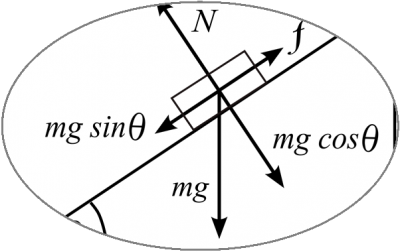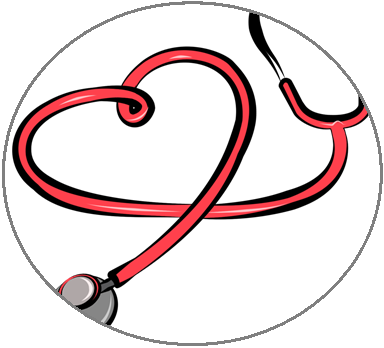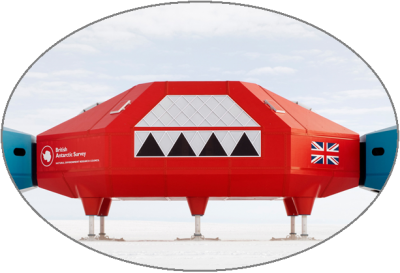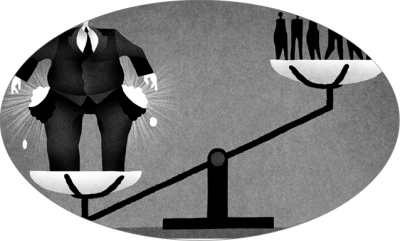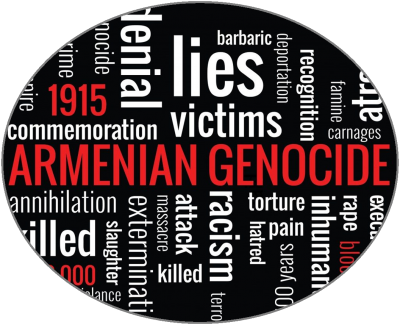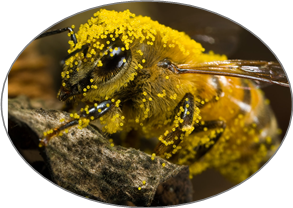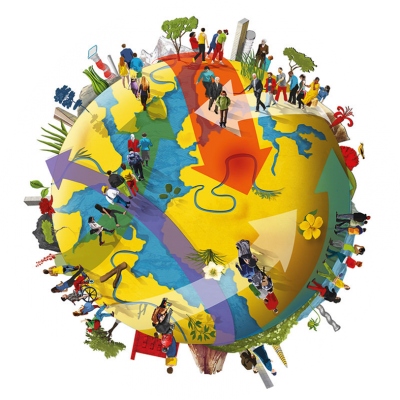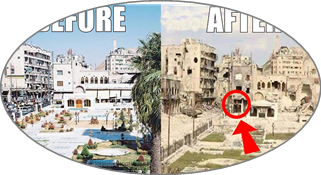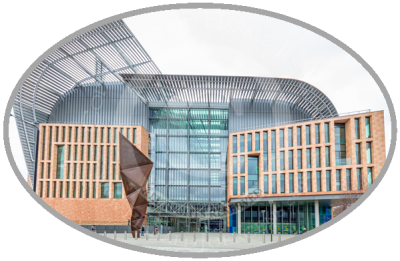The Week of Monday 12th June
Brexit, Antarctica, Aleppo, the British Empire and the Armenian Genocide – global issues are among those issues on offer with next week’s ‘What’s On for Priory 6’ London events. For more information, please see Mr Salmon.
General
Many of the Art Schools in London are now having their Degree Shows; well worth going to. Think Slade, RCA. Many out of London schools also put on shows here.
Monday 12th June
On Track for Brexit?: In the light of the General Election results, we will discuss the prospects for Brexit and its domestic political ramifications. Our two speakers have taken positions on Brexit distinct from their parties’ leadership. They will have a special insight into Brexit and party politics. LSE 1830 Free. http://www.lse.ac.uk/Events/2017/06/20170612t1830vHKT/On-Track-for-Brexit
Tuesday 13th June
Ask the Experts: Legal and Constitutional Implications of Brexit: One year on from the Referendum and following the triggering of Article 50, is the landscape now clearer or are there more questions than ever? What more is known about the negotiations process? Is the UK system of government up to the job? And as the countdown to Brexit gets underway, what are the longer-term implications for the UK? UCL 1730 Free. http://events.ucl.ac.uk/event/event:npc-j2fw32mi-4cuz6p/ask-the-experts-legal-and-constitutional-implications-of-brexit
Releasing friction’s potential: Friction is a critical component of all systems, from man-made machines to the internal working of our brains. From its original focus within automotive, aerospace and mechanical systems, tribology, the study of friction, lubrication and wear, has seen an explosion in its applications across industrial sectors in the last decade. Prof D Dini. More interesting than you might expect. Imperial College 1730 Free; need to book. http://www3.imperial.ac.uk/newsandeventspggrp/imperialcollege/eventssummary/event_11-5-2017-13-41-47
Artificial Intelligence: Prof Martyn Thomas. Alan Turing famously proposed a test of artificial intelligence. What has been achieved? Professor Stephen Hawking has said that real artificial intelligence will mean the end of mankind. Is that a real threat? Are there limits to what a silicon brain might do? Museum of London 1800 Free. Read more at:
https://www.gresham.ac.uk/lectures-and-events/artificial-intelligence#Fis5XysrdXdsLiB2.99
Wednesday 14th June
How do we know what makes good doctors?: Prof Gwen Adshead. In this talk, the concept of the ‘good’ doctor will be explored and how we can ensure that our doctors are ‘good’. This question is crucial at time when morale in the health services appears low and inquiries reveal poor practice by some health care professionals. I will discuss the implications of these developments for the teaching of medical ethics, at both senior and junior levels. The idea of ‘virtue’ in medical practice will be considered, and how this may be linked to professional identity and responsibility.
Read more at: https://www.gresham.ac.uk/lectures-and-events/the-right-stuff-how-do-we-make-good-doctors#W4rjx13TBL55lFgu.99
Antarctica and Beyond – Predicting the Extreme: To hold claim to British territory in Antarctica, and to affect the laws that are passed in an environment that is largely untouched by man’s influence, the UK government must keep a constant presence with a mission of scientific study. To keep the scientists alive in a frozen desert, engineering leaps have been required. These leaps are more evident in the most southerly and extreme base Halley, which is located on a constantly moving, floating ice shelf at 76 degrees south. This talk will go into the bases which the scientists have called home over the years and what it is like to live in one of the remote areas of the world, where everyday sunshine turns into the one long night as temperatures drop below -50. John Griffiths. IET, Savoy Place; nice venue. 1830. Free. Need to register. http://www.theiet.org/events/local/248061.cfm
Inequalities; Changing the Terms of the Debate: Inequalities is a common, if often unstated, theme in the news. How the causes and consequences of inequalities are presented matters, so how do we change the current narratives?
Panel; includes Amartya Sen; very worth hearing. LSE 1830 Free. http://www.lse.ac.uk/Events/2017/06/20170614t1830vSZT/Inequalities
The British Empire and the Armenian Genocide: This talk explores the British Empire’s response to the 1915 Armenian Genocide in which an estimated one million Armenians were killed. A leading power in the region and the world at the time, Britain and its Empire played a key role in determining the global response to events as they unfolded in the Ottoman Empire. Prof Michelle Tusan. Wiener Library 1830. Free. Register.
https://www.wienerlibrary.co.uk/Whats-On?item=326
Thursday 15th June
Pollinator decline: In this talk, Dr Lynn Dicks will first introduce the ‘pollinators’ of the world – a very diverse group of animals. She will examine the scientific understanding of pollinator decline – what do we actually know and where are the uncertainties? She will discuss the challenges of synthesizing scientific knowledge with ‘Indigenous and Local Knowledge’ on pollinators from around the world, and set out a ten point plan for supporting pollinators globally. Linnean Society Free 1800. They LOVE students!
Migration: A Historical Perspective: Prof Sir Richard Evans FBA. Migration from the Middle East and North Africa to Europe has reached mass proportions in the last few years. This is only the most recent development in a long history of population movements into, out of and within the Continent. Beginning with the story of European migration to other parts of the world, the largest mass migration in history, that took on immense proportions in the nineteenth century, the lecture goes on to discuss the repeated experiences of forced population exchanges, flight, and “ethnic cleansing” in Europe in the twentieth and early twenty-first centuries
Read more at: https://www.gresham.ac.uk/lectures-and-events/migration-a-historical-perspective#ti5YUYt8PW5sBlk4.99
Cosmopolis to Catastrophe: The Multicultural History of Aleppo: Dr Philip Mansell. 16th century Aleppo was a city with a character and rhythm of its own, challenging categories and generalisations. Lying between the desert and the sea, the mountains of Anatolia and the banks of the Euphrates, it was Arab and Turkish; Kurdish and Armenian; Christian, Muslim and Jewish. For 400 years, whatever their origin, its inhabitants lived together relatively peacefully. The reasons for this harmony, and for the current cataclysm, are the subject of this lecture. Jewish Museum, 1800, free with museum entry. http://www.jewishmuseum.org.uk/whats-on?item=874
Friday 16th June
How Biology and Physics can help us Design new Pharmaceuticals to treat pain: Prof Bonnie Wallace. Good speaker.
One of the great UCL student lecture series. UCL 1830 Free. https://www.ucl.ac.uk/phys/department/science_centre/tabs/programme
Weekend
Saturday 17th June
Crick Institute Discovery Day: Pop into the Crick this summer for a day of discovery. Meet our friendly scientists, find out about the latest life-changing research and get hands-on with fun activities for all the family. Featuring fascinating talks, interactive workshops and the chance to peek behind the scenes at the Crick. https://www.crick.ac.uk/whats-on/upcoming-events/2017/06/17/crick-discovery-day/

